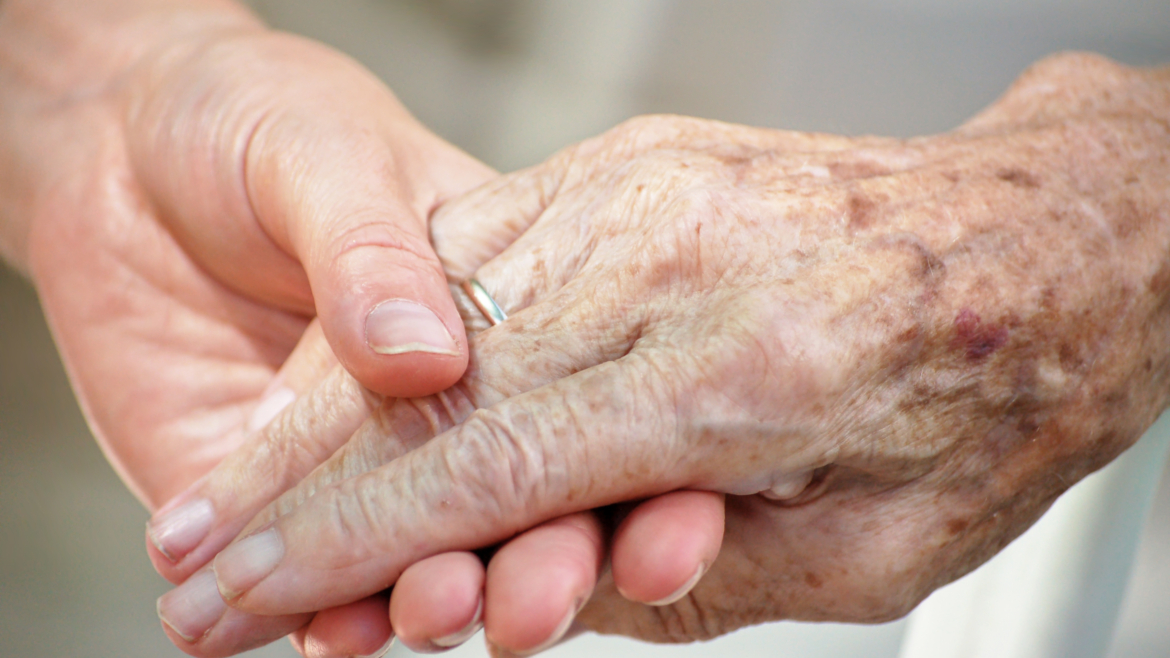What to Expect During the Adjustment Period
Now that your loved one has moved to senior care and housing, many emotions may begin to surface. The adjustment period is handled differently by each person. Preparation, knowing what to expect, along with family and friend support, will help your loved one to adjust. This normal process can often take up to six months.
PREPARATION
- Give your loved one a new phone book to make a directory of
new friends in the community including room numbers. - Mail out a change of address card to all friends and family.
Encourage them to send letters, flowers or special deliveries to your loved one’s new home as a reminder of their love. - Plan dates on a posted calendar when family and friends will
make their visits to see your loved one. - Ask your loved one what is important to him/her and create a
way to keep those memories and traditions ongoing in their new home. - If possible, install a phone line so they can communicate
with others when desired. - Give your loved one the opportunity to ask questions and
discuss concerns. Honoring your loved one’s preferences when possible will help with allowing him or her to maintain some control.
WHAT TO EXPECT
- Understand that it is normal for your loved one to
experience relocation stress syndrome which is also known as transfer trauma. At first, you may see some anxiety, confusion, dependency, depression or withdrawal. Often feelings of sadness or frustration over the loss of their independence exist. - Personalize his or her new home with favorite possessions
such as photos, keepsakes, and furniture. Make the new home resemble their old home as much as possible. If possible involve your loved one in the process. - Expect to see a range of emotions as your loved one is
learning a new routine and schedule. Try to maintain his or her daily routine as much as possible. Be patient as your loved one is learning. - It is normal for your loved one to ask to go home. When
asked, redirect your loved one to another topic or activity to get his or her mind off of it. You can acknowledge the desire and simply say “we’ll look into that” and redirect. - Introduce your loved one to the staff and instruct him or
her to ask for help as needed. It is important for your loved one to learn to trust and depend on the caregivers to care for him or her. - Socialization is very important. Show your loved one the
activities offered in their new community. Staying busy, meeting other
residents and participating in activities will help your loved one to adjust. Expect your loved one to resist, but encourage and assist him/her to sign up for activities. - If your loved one is putting the blame on you, remember that
you are not the cause of your loved one needing senior care and housing. The need was caused by his/her health and safety requirements which are not your fault. If your loved one brings up the topic, give a hug, tell him/her that you love them and that you are happy he/she is being cared for and is safe. Do not explain over and over why the move happened because rational thinking often does not exist and he/she will often forget what you have said. You can change
the subject, redirect to an activity or leave.
FAMILY & FRIEND SUPPORT
- Have friends and family visit regularly. Encourage them to
get involved in the community by joining your loved one for a meal, or
activity. - Have your clergy call or make a visit to your loved one.
- Plan a luncheon at your loved one’s new residence and invite
old friends and family to attend.


1 Comment
Hello there, just became alert to your blog through Google, and found that it is truly informative.
I’m going to watch out for brussels. I’ll appreciate if you
continue this in future. Numerous people will be benefited from your writing.
Cheers! Escape room